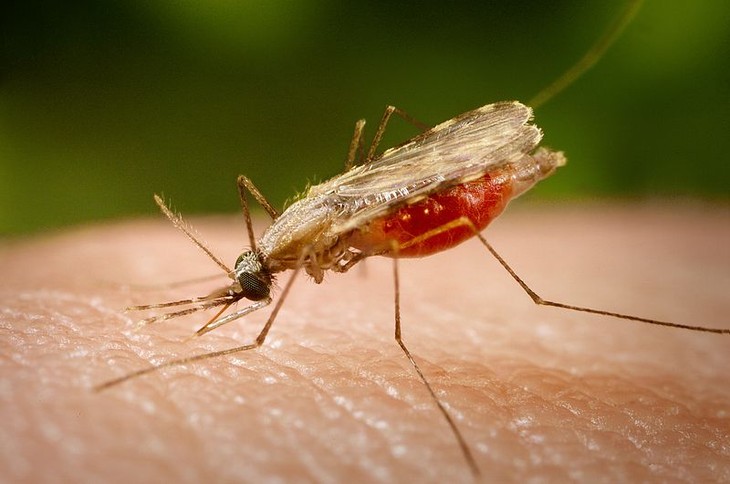Bhubaneswar: In a bid to eradicate malaria in Odisha, the state government has decided to continue the Durgama Anchalare Malaria Nirakaran (DAMaN) programme till 2030-31.
This was decided at an inter-departmental coordination meeting held under the chairmanship Chief Secretary Asit Tripathy at Lok Seva Bhawan here, Tuesday.
During the meeting, it was revealed that state has made commendable progress in containing the vector and water-borne diseases during the last few years.
Additional Chief Secretary, Health, PK Mohapatra said, “Proactive prevention, community mobilisation, extension of outreach to the most difficult pockets through integrated effort, extensive testing and treatment and distribution of insecticide mosquito nets along with state initiative of DAMaN have been our best practices in containing the vector and water borne diseases.”
Tripathy directed the Health department to work-out an integrated IEC model for vector and water borne diseases by taking into account the Covid-19 scenario and intensify the campaign in both the rural and urban areas before and during the monsoon.
It was decided that ELISA machines would be installed in all the district head quarters and sub-divisional headquarters hospitals. The government has also decided to set up State Referral Laboratories in the new four medical colleges for all types of pathological tests. At present, three old medical colleges at Cuttack, Berhampur and Sambalpur have this facility, official sources said.
The Chief Secretary directed the Director of Fisheries to scale up the implementation of biological control of the diseases through larvivorous fish. The director was asked to construct more number of mother and mini hatcheries for this species in high burden districts to support vector control measures.
It was also decided to get additional 20 lakh insecticidal mosquito nets for high burden community healthcare areas.
Health department Special Secretary Salini Pandit said Odisha recorded 81 per cent decline in malaria cases during 2018 which further reduced by 41 per cent in 2019.
The total malaria positive case in the year 2017 was 3,47,860 with death toll of 24 whereas it has came down to 66,311 with death toll of three in the next year. In 2019, the total positive case further came down to 39,500 and up to 2020 April the total positive case was 11,302 with only one death, she said.
The Annual Parasitic Incidence (API) per 1,000 population was 10.06 in 2017 which came down to 0.88 in the year 2019. The districts of Kendrapara and Jagatsinghpur have been nominated for national award for ‘no malaria case’ during last two years.
At present, 23 districts are moving towards malaria elimination. The API rate in these 23 districts is below one during last two years.
Director Public Health, Ajit Mohanty, said that integrated intervention would be focused on 32 blocks of seven districts—Malkangiri, Rayagada, Koraput, Kandhamal, Ganjam and Gajapati.
Similarly, dengue, once considered fatal, has been kept under control in the state. According to the sources, the total number of dengue positive case in state during the year 2016 was 8,380 with 11 deaths which came down to 3,758 positive cases with four deaths in 2019.
No dengue death has been reported from state up to May this year, they said.
